Business travel is back, but only with a budget
Picture the scene. A passenger squeezes into a tiny cabin seat, laptop bag at their feet, frustrated and longing for the roomy booths of business class. They had protested against the insistence that they fly budget to their European destination, but the company hadn’t budged. Any journey under eight hours was now to be taken in economy class. So seven long, noisy hours of tucked-in elbows, fighting for the armrest and being jostled from all sides lie ahead. Welcome to the new era of business travel.
It looks and feels rather different than it did before the pandemic. Covid brought business travel to a halt and forced companies to use video calls from home rather than airlines shuttling between the world’s corporate centres. Today, cost and climate-conscious corporates are swapping their former luxuries of business class for economy, while a new market segment, dubbed “bleisure”, has emerged.
The change is being reflected in a blizzard of data being gathered across sectors. Corporate traffic has reached pre-Covid levels, according to Iberia, Spain’s biggest airline. American Express, the financial services powerhouse, says that more than 85 per cent of Britain’s businesses plan to increase or to maintain their travel spending next year, up from 42 per cent in 2022.
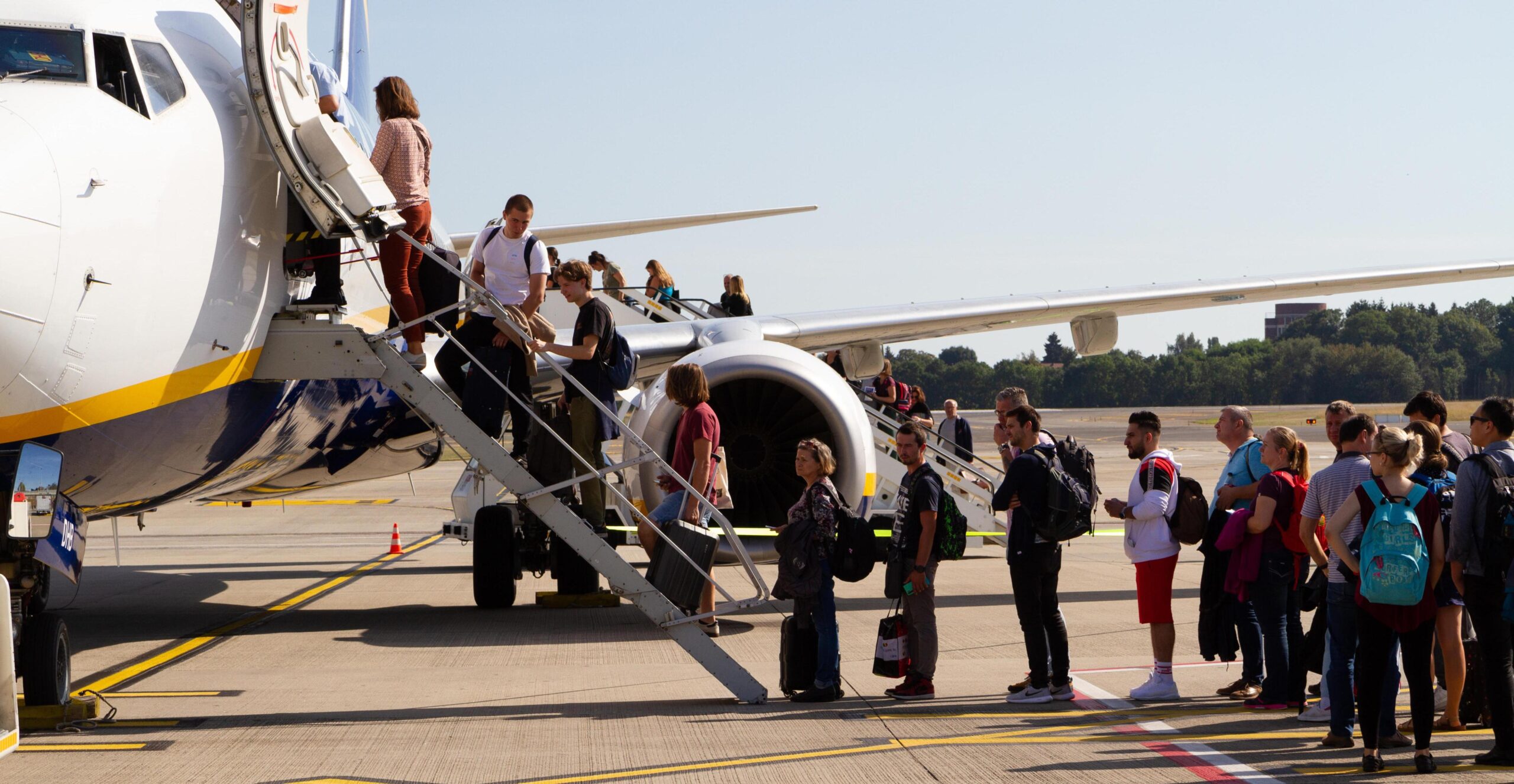
Three quarters of the businesses surveyed by the latter said it was crucial to growth and many suggested it helped employees in their professional development, with benefits including stronger relationships with clients (40 per cent) and a better understanding of local markets (28 per cent). “Businesses continue to see value in travel as a way to drive growth and to boost employee engagement,” Lee Sullivan, vice-president for UK corporate and strategic sales at American Express, said.
So far, so positive, but companies are cutting back on extras. One has halved its travel expenses since 2019 by choosing economy class for European flights, upgrading to premium economy for day trips to the United States and reserving business class for overnight travel. Another requires all its employees below the C-suite to fly economy for long-haul flights and those staff are asked to share hotel rooms with colleagues.
Travelogix, a data provider, and The Advantage Travel Partnership, a travel agency body, say that business-class bookings are down by 7 per cent from 2023 to this year, while first-class bookings have halved. Conversely, their analysis of nearly 30 million records of air, rail, accommodation, car hire and other travel statistics suggests that the proportion of economy-class bookings have increased from 71 per cent in 2023 to 79 per cent this year. Overall business travel transactions were said to be up by 17 per cent in the first half of 2024 compared with the same period in 2023.
“Business travel revenues globally are on the recovery, with 2024 forecasts expected to exceed 2019 levels at around $1.4 trillion,” Andrea Caulfield-Smith, managing director of global business travel at The Advantage Travel Partnership, said.
Even with a slight downturn driven by economic factors and the general election, the two bodies believe that 2024 will outperform 2023 by at least 15.5 per cent. “If accurate, this will mean 2024 will also outperform pre-Covid volumes in 2019 by at least 6 per cent,” Adam Richardson, head of brand of communication at Travelogix, said.

A marginal decline in average transaction value year-on-year, from £428.82 to £417.54, further indicates that companies want more for less. Company travel policies could have contributed to this migration to economy class, as could a desire to “tread lightly” and to choose more sustainable travel, Richardson said.
Jeremy Schneeweiss, general UK manager of Navan, a corporate travel management platform, said: “Our customers increasingly choose economy to save money and maximise in-person connections.” Here, too, flights booked by British companies using the platform indicate that economy fares are becoming an increasingly popular choice for business travellers. Since 2022 economy fares have accounted for more than 94 per cent of bookings. Meanwhile, business-class bookings are down by almost 5 per cent in the UK in the year to date for 2024 and are down by 3 per cent globally (although they are up by 5 per cent overall in Europe).
Increasingly employees appear to be merging corporate obligations with leisure by tacking business trips on to holidays or by bringing friends and family with them. “Travellers are incorporating a blended travel experience more than ever to maximise time in destination and lower costs, often by including a Saturday night stay, which drives down fares,” Caulfield-Smith said.
Last year Navan recorded a 124 per cent increase in the number of bleisure travel bookings compared with 2022. This year the number of blended travel bookings has already exceeded the number made in 2023 by 49 per cent. The top three blended travel destinations for British companies are the United States, domestic travel and United Arab Emirates.
Hyatt Hotels, the luxury and business hotel provider, sees this trend, too, with its customers considering how to accommodate their families for getaways when booking rooms on business trips. Demand in this sector is robust. Hyatt received more than 31,000 business travel inquiries in Europe in the first quarter of 2024, up by 8 per cent from 2023, with over 5,500 of these for UK properties.
Travelodge, a more domestic hotel operator, said the weather had affected demand for its rooms, especially from construction workers, “but we’re expecting that to pick back up”. Jo Boydell, its chief executive, also observed that business travel had changed. “People are not in the office as much as they were before. They may have moved slightly further away from their offices, so when they’re being asked to come back in two or three days a week, they’re using hotels rather than commuting every day.”
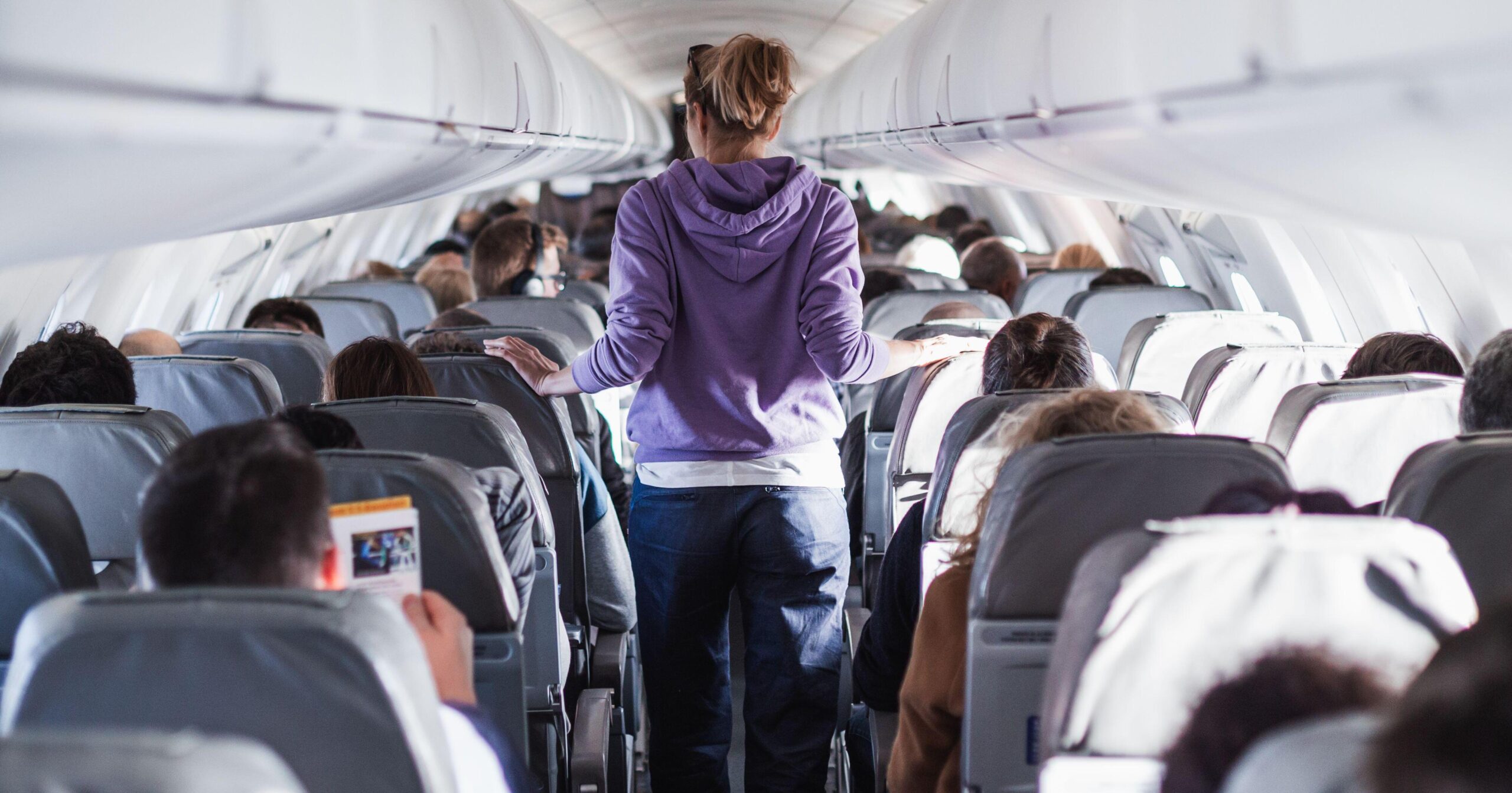
Then there is the issue of sustainability. A first-class ticket on a long-haul flight is said to count for, on average, four times as much carbon dioxide as an economy seat on the same aircraft. The difference between flying economy and business on a short-haul flight can be up to 50 tonnes of CO₂, according to data from the government and the BBC. Therefore companies conscious of their carbon footprint are keen to make the switch to economy.
Younger generations are more likely to consider sustainability in business travel than older colleagues, according to American Express. Almost half of Gen Z employees say that they are actively working with their employers on sustainability. This includes greater use of public transport (67 per cent), choosing environmentally friendly accommodation (43 per cent) or extending trips to accommodate more meetings (52 per cent).
On the other side of the ledger, “airlines are paying more for sustainable aviation fuels due to low adoption rates, driving up ticket prices and stretching corporate travel budgets”, Caulfield-Smith said.
Clive Wratten, chief executive of the Business Travel Association, said there had been a shift to using rail or ferry options, where possible. Its members were taking more purposeful business trips, while “post-Covid, companies are adopting a more relaxed approach to business travel, recognising the welfare benefits for employees who can balance business with leisure at their destination”.
While sustainability targets and rising costs may have applied a brake to the lavish heyday of business travel, it remains an invaluable tool for companies. Emails and virtual meetings can’t replicate the immersion and relationship-building that comes with being face-to-face. “Video-calling works fine for a series of one-hour meetings and so that part of the market has not recovered much, but for multi-day events, travel is recovering,” Alexander Peterson, a travel analyst, said.
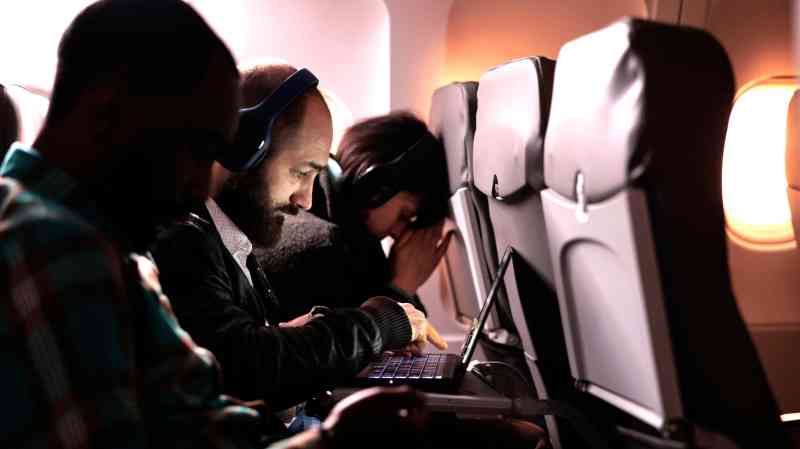
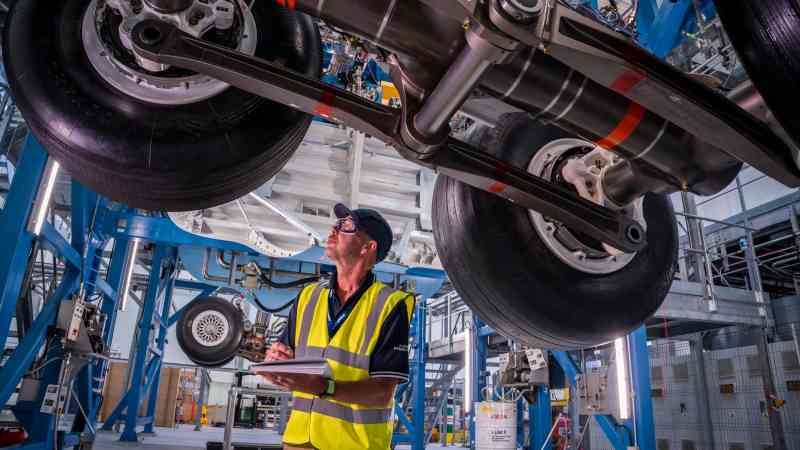
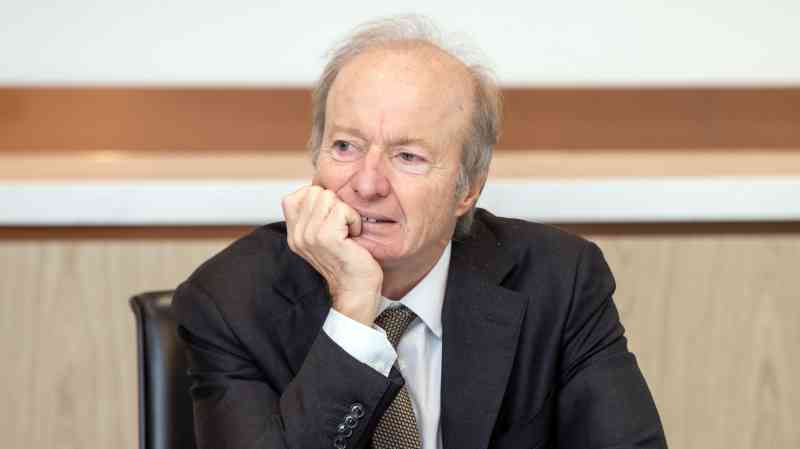
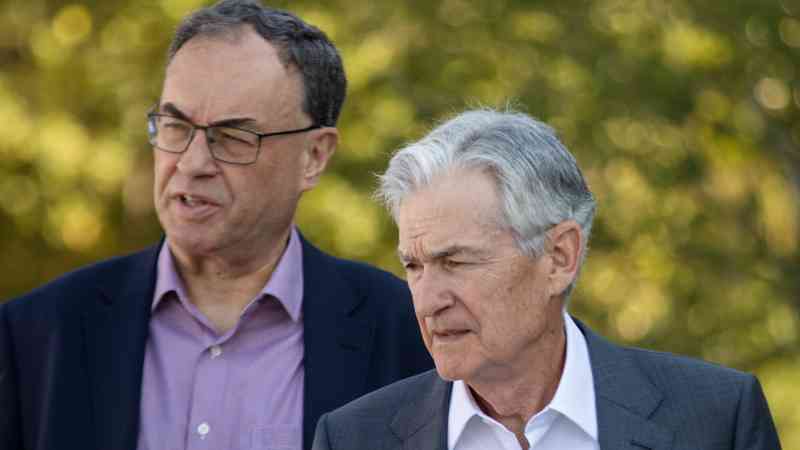
Post Comment